The news that came down late last week of the federal indictment of Shelby County Commissioner Edmund Ford Jr. on one count of alleged bribery and six counts of alleged tax fraud generated less public notice than might ordinarily have been expected.
After all, it somewhat reprises media attention from 2021, when Ford came under suspicion for alleged improprieties stemming from his computer company’s sale of laptops to the nonprofit organization Junior Achievement.
An article by then-Commercial Appeal reporter Katherine Burgess had led to an investigation of the transaction by a commission-appointed special ethics committee and a probe by a special investigator for former DA Amy Weirich. She reported that Ford, though the grant sponsor, had conspicuously absented himself from a 2019 commission vote on the outlay of some $450,000 to JA, then later sold them a supply of laptops at a profit.
Last week’s indictment enumerates several transactions involving Ford and assorted other nonprofits between 2018 and 2022. He is accused of netting some $265,000 in kickbacks from taxpayer-funded grants in amounts totaling approximately $630,000.
County Mayor Lee Harris, with whom Ford has consistently feuded over the years, has called for Ford to be prohibited, so long as he is under federal charges, from further participation in the “Shelby County Milton Community Enhancement Grants,” named after the former commissioner who proposed them in 2019, Reginald Milton, who now serves as deputy administrator of the county’s Office of Educational and Youth Services.
Widely regarded as providing successful linkage between the commission’s 13 members and the constituencies they represent, these grants come from modest quadrennial allotments of $200,000 or less to each member for piecemeal allocation to entities in the districts they serve. The grants are initiated by individual commissioners and then voted on by the entire commission.
Since its creation, the program has proceeded without blemish, a circumstance underscored by Harris who in a statement Monday said, “While there is a presumption of innocence until proven guilty, [Ford’s] continued grant-making as a commissioner unnecessarily taints the process and undermines the credibility of this commission program and the nonprofits who participate.”
For his part, Republican Commissioner Mick Wright acknowledged his own participation in the grant program but suggested in an X post on Monday that there was “a need for greater transparency and accountability from Shelby County government.”
• Meanwhile, the aforementioned Reginald Milton, in a story as uplifting as the saga mentioned above is unsettling, gathered with an older brother and sister last week to celebrate the 105th birthday of their mother Ollie Mae Brown.
Born in Mississippi in the second decade of the previous century, Ms. Brown was in her 50s when she bore the current county administrator (himself a more than sprightly 60-something today).
“My parents called me their god-child,” jests the former commissioner, “meaning, when they learned I was coming, they said to each other, ‘Oh my god!’”
His mother remains clear of mind and memory and is able to recall numerous former slaves from her own childhood. It all helps Milton realize that social deprivation is not a case of long ago, but, in effect, was just yesterday and indeed persists.
Beyond his county duties, Milton is a community organizer in the vein of former President Obama, heading the South Memphis Alliance, a consortium of 10 neighborhood organizations pooling self-help resources and offering foster services. And he provides a laundromat for his charges. He sees the enhancement grant program in that light — as a way for the government to assist underserved communities in moving themselves forward. And he welcomes any useful oversight of the process.


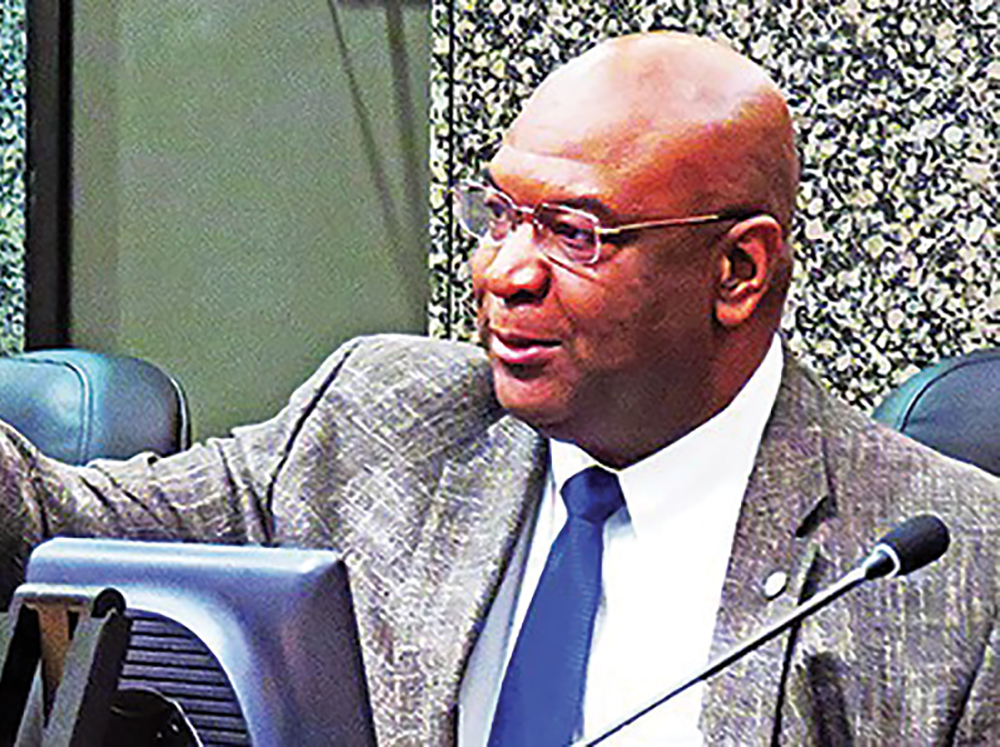
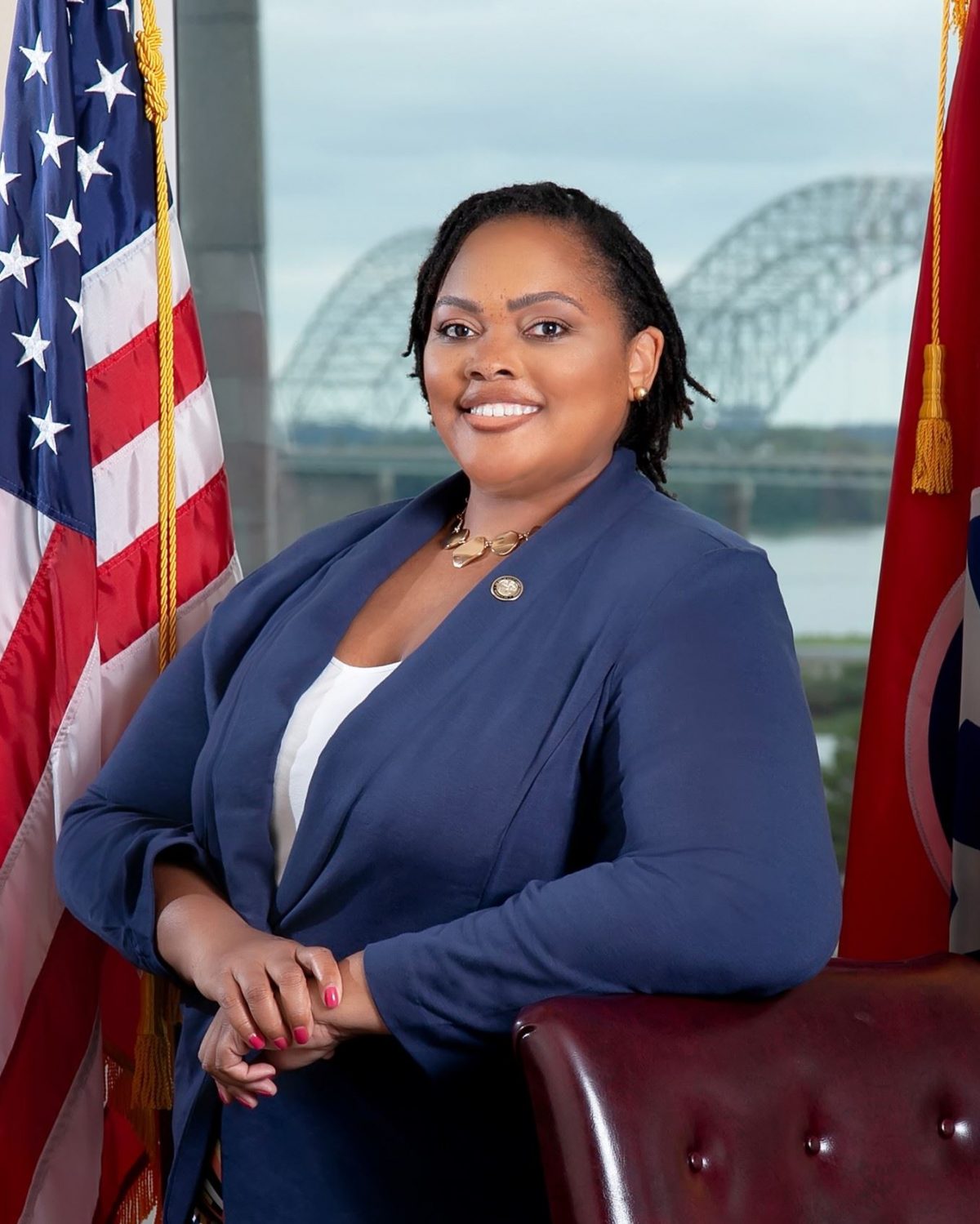
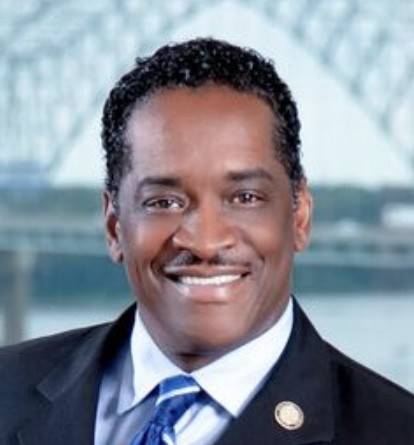

 Jackson Baker
Jackson Baker 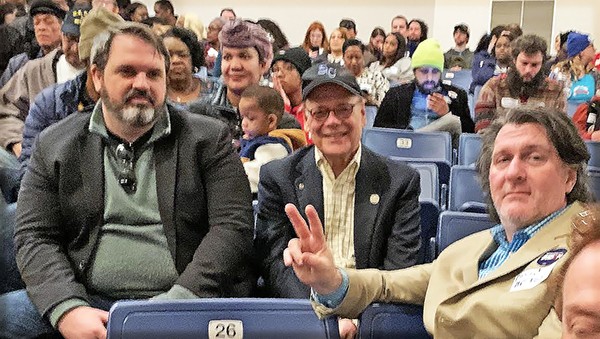 Jackson Baker
Jackson Baker 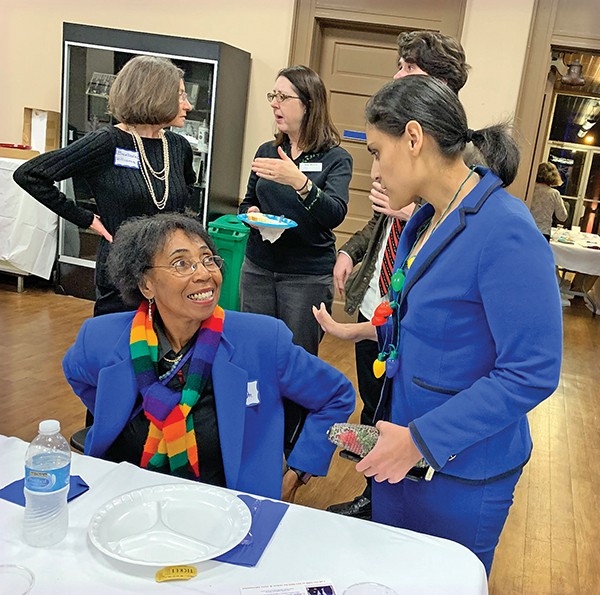 Jackson Baker
Jackson Baker 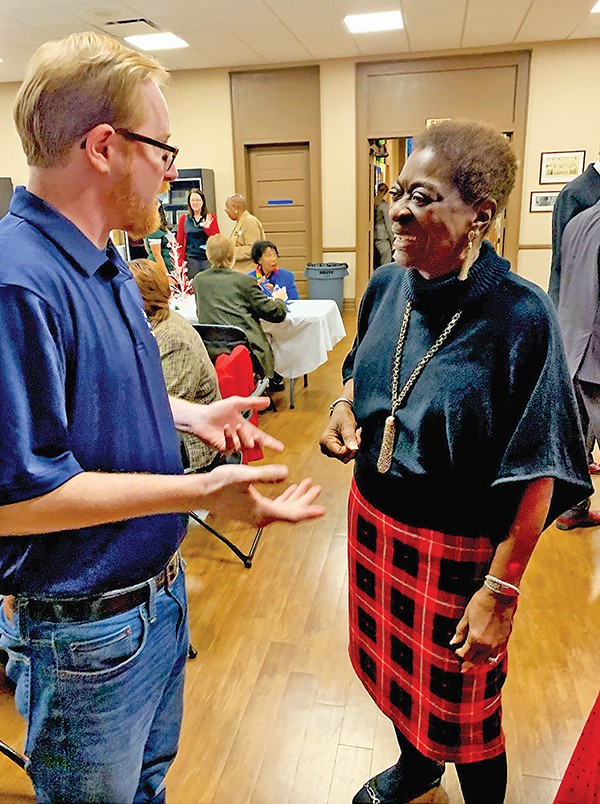
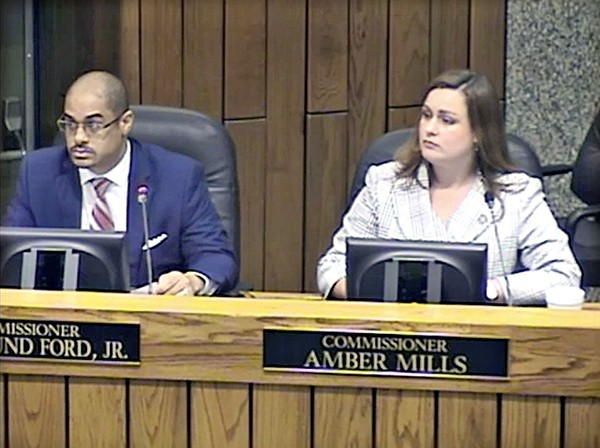 Jackson Baker
Jackson Baker